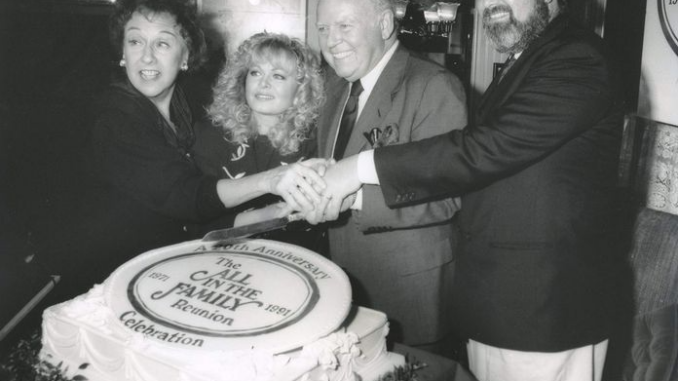
Discover the emotional and controversial episode of All in the Family that pushed Carroll O’Connor to tears, tested the show’s limits, and almost brought the groundbreaking sitcom to an early end.
All in the Family was never afraid to push boundaries, but one particular episode went further than anyone—cast, crew, or audience—ever expected. It struck such a nerve with star Carroll O’Connor that it left him in tears and almost ended the series for good.
Breaking Television Taboos
The episode in question tackled a sensitive, hot-button issue of its time, one that television networks typically avoided. The All in the Family team knew it would spark conversation, but few anticipated just how deep an impact it would have—both on viewers and on the man who played Archie Bunker.
Carroll O’Connor’s Emotional Reaction
Known for his mastery of balancing comedy and raw realism, O’Connor wasn’t easily shaken by scripts. But as the episode unfolded during filming, the weight of the subject matter and the vulnerability it demanded from him hit hard. Reports from the set reveal that he was visibly emotional, struggling to hold back tears once cameras stopped rolling.
Backlash and Network Pressure
After the episode aired, the backlash was swift. Some viewers praised the show for its courage, while others were outraged, calling for the series to tone down or even end. Network executives worried the controversy could alienate audiences and advertisers, putting the future of All in the Family in jeopardy.
Why the Show Survived
Ultimately, Norman Lear and the creative team stood by their vision, defending the episode as a bold step toward using television as a platform for real social dialogue. The controversy faded, but the episode became one of the most memorable in the series’ history—not for laughs, but for its bravery.
This moment proved that All in the Family was more than just a sitcom—it was a cultural force unafraid to confront uncomfortable truths. And for Carroll O’Connor, it was a reminder of the deep emotional power television could wield.